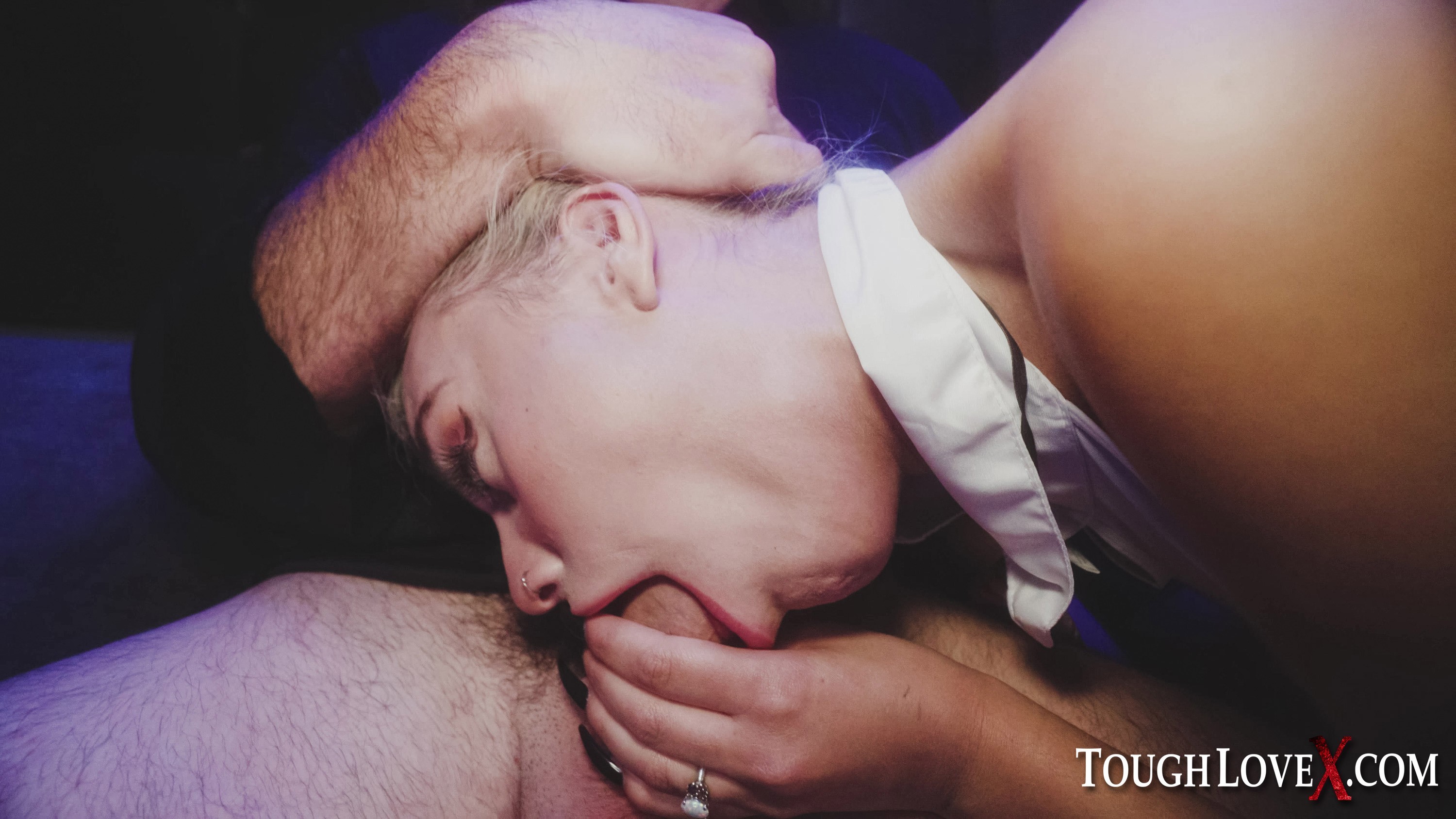Erotic literature has been a part of human culture for centuries, from the ancient Greek texts to the modern-day romance novels. Yet, it remains a topic that is often misunderstood and stigmatized. In this article, we will explore the allure of erotic literature, focusing on its literary value and cultural significance.
First, it is important to define what we mean by erotic literature. At its core, it is a genre of literature that explores human sexuality and desire. It can take many forms, from steamy romance novels to explicit pornographic stories. However, what sets erotic literature apart is its focus on narrative and character development, rather than solely explicit sexual content.
One of the main allures of erotic literature is its ability to explore human desire and sexuality in a safe and controlled environment. Through the use of fiction, authors can delve into the complexities of human relationships and the various ways that desire can manifest. This can provide readers with a unique perspective on their own desires and relationships, allowing them to explore their own sexuality in a healthy and consensual way.
Furthermore, erotic literature can also serve as a form of sexual education. By exploring different sexual practices and dynamics, readers can gain a better understanding of their own preferences and boundaries. This can lead to more satisfying and consensual sexual experiences in real life.
However, it is important to note that not all erotic literature is created equal. Pornographic stories, for example, often lack the narrative and character development that is present in more literary forms of erotic literature. This can lead to a skewed view of human sexuality and desire, focusing solely on the physical act rather than the emotional and psychological aspects.
Moreover, it is crucial to approach erotic literature with a critical eye, just as with any other xnxx genre. Readers should be mindful of the power dynamics and consent issues that can arise in erotic literature, and ensure that the stories they are consuming align with their own values and boundaries.
From a literary perspective, erotic literature can be a rich and rewarding genre. Many authors have used erotic themes to explore complex issues of identity, power, and desire. An example of this is Anaïs Nin’s “Delta of Venus,” a collection of erotic stories that explores the lives of women and their sexual experiences in 1940s Paris. Nin’s stories are not only explicit but also deeply introspective, providing a nuanced view of human desire and sexuality.
Another notable example is “The Story of O” by Pauline Réage. This controversial novel explores themes of dominance and submission, blurring the lines between consent and coercion. While the book has been criticized for its graphic depictions of sexual violence, it has also been praised for its literary merit and exploration of power dynamics.
In conclusion, erotic literature can be a powerful and alluring genre, providing readers with a safe space to explore their own desires and relationships. However, it is important to approach this genre with a critical eye, ensuring that the stories align with one’s own values and boundaries. From a literary perspective, erotic literature can offer a rich and nuanced view of human desire and sexuality, exploring complex themes of identity, power, and consent.
